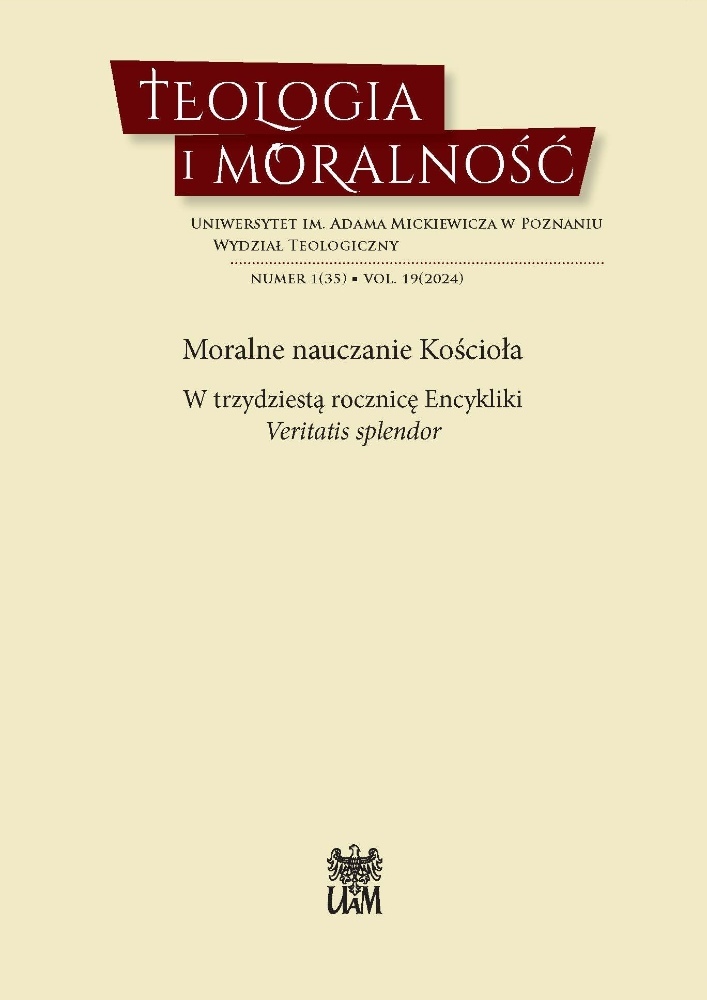Freedom and Fundamental Option
Freedom and Fundamental Option
Author(s): Adrian J. ReimersSubject(s): Social Norms / Social Control, Sociology of Religion
Published by: Uniwersytet Adama Mickiewicza
Keywords: fundamental freedom; mortal sin; Pope John Paul II; Holy Spirit; self-determination
Summary/Abstract: The theory of “fundamental option” or “fundamental freedom” constitutes an important theme in contemporary moral theology, a theme criticized in John Paul II’s encyclical Veritatis Splendor. Under this theory, it is almost impossible for a person to commit a mortal sin, that is, a sin that turns the agent against God and deprives him of sanctifying grace. This central conception governing this theory is that such a sin must involve an ex-press turning of one’s entire self (or will) away from God. However, within the limitations of space and time and the finitude of human nature, such a complete turning against God is diffi cult to conceive. This paper argues that the issue of sin is misconceived and that the philosophical premise of a fundamental disposition of one’s freedom is not tenable. Sin is a theological category and must be grasped in theological terms. The paper turns to Pope Saint John Paul II’s Encyclical Dominum et Vivifi cantem, which proposes that sin is revealed by and properly understood in terms of the crucifi xion of Christ. The paper concludes with some reflections on those who were directly involved in the crucifixion.
Journal: Teologia i Moralność
- Issue Year: 19/2024
- Issue No: 1 (35)
- Page Range: 69-81
- Page Count: 13
- Language: English

